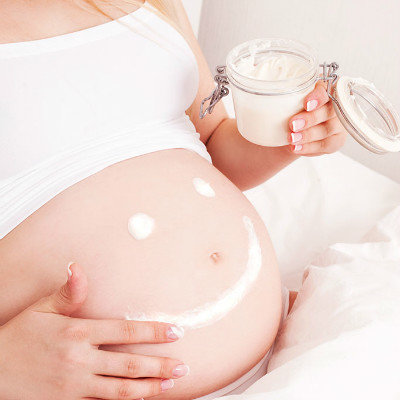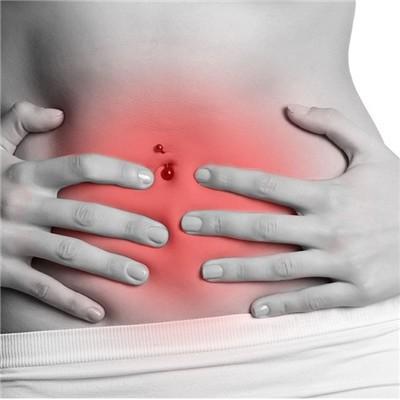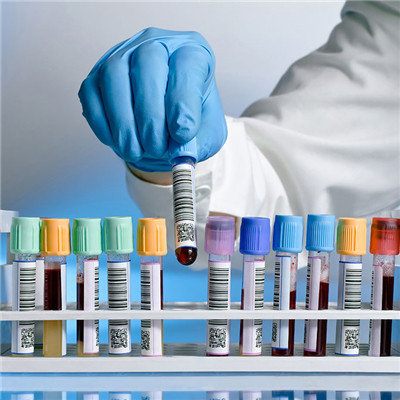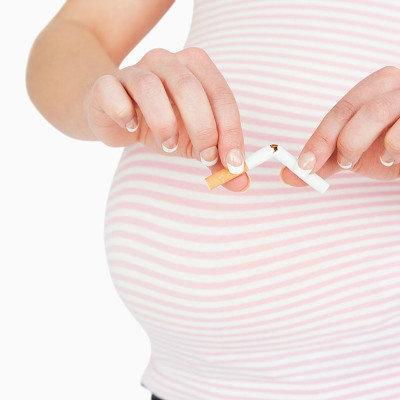What does darling gastroesophageal reflux symptom have
summary
Most of the baby's body organs are not mature, so their resistance will be much weaker than that of adults, so they are more likely to suffer from some diseases. Gastroesophageal reflux is one of them. Let's talk about the baby's gastroesophageal reflux symptoms.
What does darling gastroesophageal reflux symptom have
First, gastroesophageal reflux refers to the reflux of gastric and duodenal contents into the esophagus. GER is very common in children, which can be divided into two types: physiological and pathological. The vast majority of GER belongs to physiological type, and the reflux is not heavy. With the increase of age, the reflux gradually alleviates, and it naturally alleviates around 1 year old, which will not cause adverse consequences.
Second: gastroesophageal reflux is more common in newborns and infants after feeding temporary reflux and infant functional reflux (or prone vomiting), does not cause pathological damage. If reflux is severe or persistent, or combined with aspiration pneumonia, asphyxia and affecting normal growth and development, it is pathological, also known as gastroesophageal reflux disease (GERD).
Third, the clinical manifestations of gastroesophageal reflux in infants are different, which are mainly related to the intensity, duration, complications and the age of children. Gastroesophageal reflux in infants usually has the following manifestations: vomiting is the typical manifestation, reflux damages the esophageal mucosa, causes inflammatory changes, and causes some complications.
matters needing attention
After understanding the symptoms of gastroesophageal reflux, parents need to pay more attention to this aspect, because the baby may not be prepared to express their feelings like adults, so it becomes more difficult to judge the disease, and parents need to worry more.













